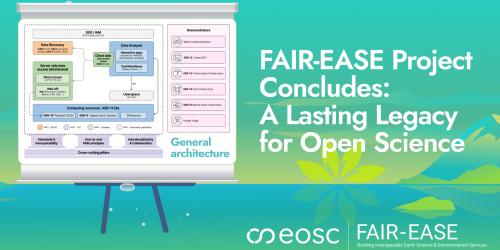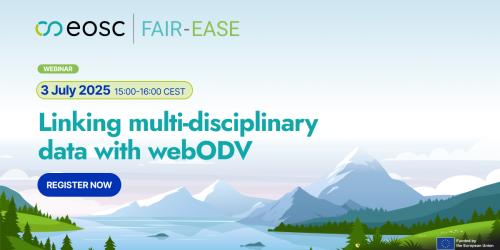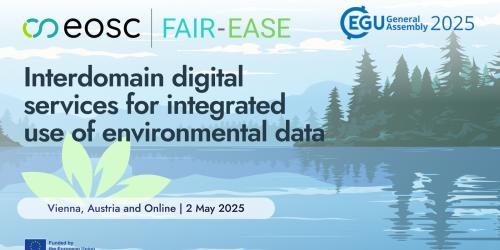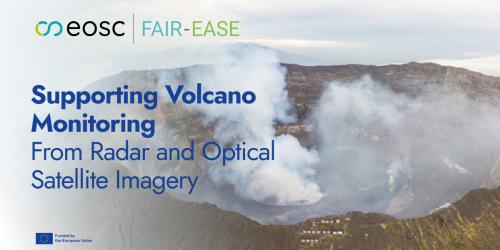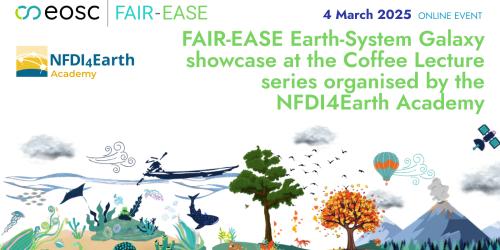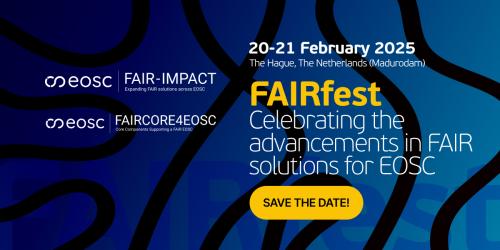Our results
The FAIR-EASE project aims to advance data-driven research and innovation in Earth sciences. By integrating innovative technologies and best practices, we ambition to improve the way researchers discover, access, and process environmental and climate data.
Before researchers can work with data, they need efficient discovery tools.

We developed and evaluated novel approaches to make Earth science data more Findable. By refining metadata standards, search tools, and indexing methods, we worked on tools to ensure that researchers can locate the datasets they need.

Once identified, data must be easily and efficiently accessible.

Our project evaluated different technologies to improve data access from both sides: client and server. This work laid the foundation for more data-sharing across different platforms and disciplines.

Data alone is not enough—it must be transformed into insights.

The Earth Analytics Lab (EAL) we designed empowers researchers to work with large and complex datasets by providing the tools and frameworks necessary for analysing, visualising, and interpreting data. We sought to promote existing solutions by extending their initial scope, where possible, to the use of data from all compartments of the Earth system.

FAIR-EASE tested the developed tools and services in five real-world scenarios to demonstrate their usefulness and relevance.

This step ensures that the innovations developed are applicable and beneficial to scientists, policymakers, and stakeholders.


Aligning with the Findable, Accessible, Interoperable, and Reusable (FAIR) principles, our project supported the development of best practices and technical frameworks that will shape the next generation of open and reusable Earth science data services.

Made for
FAIR-EASE results benefit anyone working with environmental data who needs to discover, access, and analyse information across different scientific domains to address complex challenges like climate change, food security, and environmental monitoring.

Policy Makers

Resources Providers

EOSC Ecosystem

Civil Society and General Public

Scientific users community

Operational Forecast Services
Events & News



